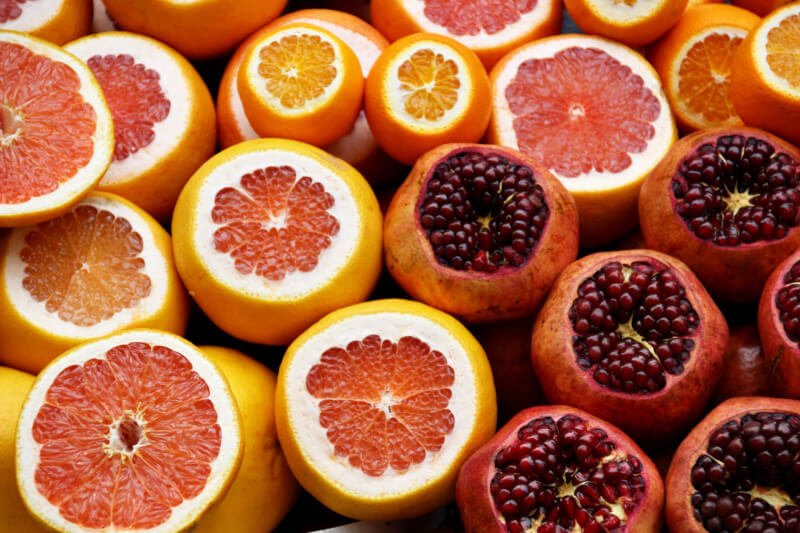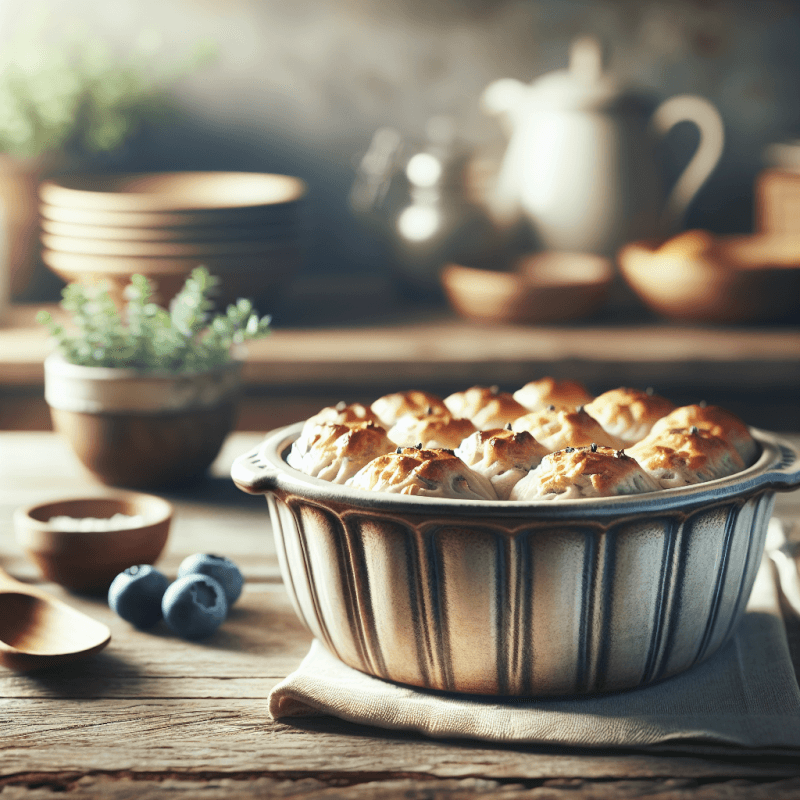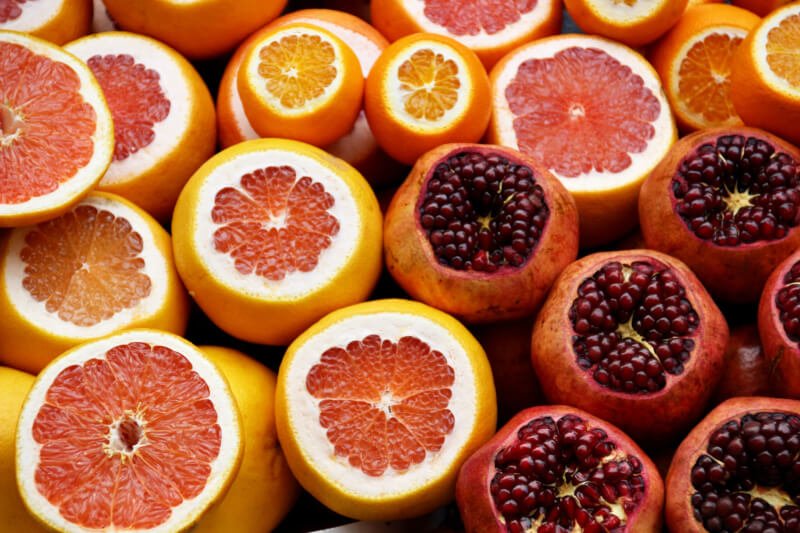Are you looking for the healthiest bakeware to use in your kitchen? Look no further! In this article, we will explore the different types of bakeware that are not only safe for your health but also contribute to a healthier cooking experience. From non-toxic materials to innovative designs, you will discover the best options to bake your favorite treats while keeping your wellbeing a top priority. Get ready to revolutionize your baking game with the healthiest bakeware on the market!

Choosing the Healthiest Bakeware
When it comes to baking, the type of bakeware you use can make a big difference, not only in the taste and texture of your baked goods, but also in your overall health. With so many options available, it can be overwhelming to know which bakeware is the healthiest choice. In this article, we will discuss the materials to avoid, the materials to look for, non-toxic coatings, and provide tips for safe use.
1. Materials to Avoid
1.1 Aluminum
Aluminum is a commonly used material in bakeware due to its excellent heat conductivity. However, it is best to avoid using aluminum bakeware for health reasons. When exposed to acidic foods, aluminum can leach into your food. High levels of aluminum in the body have been linked to various health issues such as Alzheimer’s disease and neurological disorders.
1.2 Teflon
Teflon, also known as polytetrafluoroethylene (PTFE), is a non-stick coating that is often found in bakeware. While its non-stick properties may make your baking experience easier, Teflon can release toxic fumes when heated to high temperatures. These fumes can be harmful if inhaled and may cause flu-like symptoms known as Teflon flu.
1.3 Copper
Copper is a popular material for high-end cookware due to its excellent heat conductivity. However, when it comes to bakeware, it is best to avoid copper. When used for baking, copper can react with certain acidic ingredients, such as tomatoes or citrus fruits, and release toxic compounds. Prolonged exposure to these compounds can be harmful to your health.

2. Materials to Look For
2.1 Stainless Steel
Stainless steel is a safe and durable choice for bakeware. It is non-reactive, meaning it won’t release any harmful substances into your food, even when exposed to acidic ingredients. Stainless steel bakeware is also resistant to rust and corrosion, making it a long-lasting investment for your kitchen.
2.2 Cast Iron
Cast iron bakeware is known for its excellent heat retention and distribution. It can withstand high temperatures and is perfect for baking items that require a crispy crust or even heat distribution. Cast iron is a natural non-stick surface when properly seasoned, eliminating the need for unhealthy non-stick coatings.
2.3 Glass
Glass bakeware is another healthy option for baking. It is non-reactive, meaning it won’t absorb odors or flavors from your food. Glass is also easy to clean and maintain, making it a popular choice for both beginner and experienced bakers. Keep in mind that glass bakeware may require lower baking temperatures and longer cooking times compared to metal bakeware.
2.4 Silicone
Silicone bakeware has gained popularity in recent years due to its flexibility, non-stick properties, and ease of use. It is made from a synthetic rubber-like material that is free from harmful chemicals. Silicone bakeware is temperature-resistant and can withstand both high and low temperatures. It is also lightweight, making it ideal for on-the-go baking.
2.5 Stoneware
Stoneware bakeware is made from natural clay that is fired at high temperatures. It is an excellent choice for baking because it distributes heat evenly, resulting in a consistent and golden brown crust. Stoneware bakeware is free from harmful chemicals and coatings, making it a safe option for health-conscious bakers.

3. Non-Toxic Coatings
3.1 Ceramic Coating
Ceramic coatings are a popular alternative to traditional non-stick coatings. Made from inorganic minerals, ceramic coatings are free from harmful chemicals such as PFOA and PTFE. They provide a slick, non-stick surface that makes baking and cleaning a breeze. Look for ceramic-coated bakeware that is certified free from heavy metals and toxins.
3.2 Enamel Coating
Enamel coatings are created by fusing a glass-like coating to metal bakeware. This creates a smooth, non-reactive surface that is easy to clean and resistant to stains. Enamel-coated bakeware is often made from materials like cast iron or steel. Look for enamel coatings that are free from lead and other harmful substances.
3.3 Seasoning or Oiling
Some bakeware, such as cast iron or stoneware, may require seasoning or oiling to create a natural non-stick surface. This involves applying a thin layer of oil or fat to the bakeware and then heating it in the oven. Seasoning or oiling your bakeware helps prevent sticking and improves its non-stick properties over time.

4. Tips for Safe Use
4.1 Preheating
Preheating your bakeware before using it can help ensure even baking and prevent any potential temperature shocks. Allow your bakeware to heat up gradually with the oven to avoid any warping or damage.
4.2 Avoiding Scratches
To maintain the integrity of your bakeware and prevent any potentially harmful substances from leaching into your food, avoid using abrasive materials or metal utensils that can scratch or damage the surface. Instead, opt for silicone, nylon, or wooden utensils when working with your bakeware.
4.3 Oven Temperature
Always follow the manufacturer’s guidelines for recommended oven temperatures when using your bakeware. Using bakeware beyond its recommended heat limits can result in damage and potential health risks.
4.4 Handwashing
While some bakeware may be dishwasher safe, handwashing is generally the safest and most recommended method for cleaning your bakeware. Use a gentle dish soap and a soft sponge or cloth to clean your bakeware thoroughly.
4.5 Storage
Proper storage of your bakeware is important to prevent any damage or contamination. Keep your bakeware in a clean and dry location, away from extreme temperatures and direct sunlight. If using stacked storage, place a piece of parchment paper between each piece to prevent scratching.

5. Conclusion
Choosing the healthiest bakeware is essential for both your baking results and your overall well-being. Avoiding materials like aluminum, Teflon, and copper helps reduce the risk of exposure to harmful substances. Instead, opt for materials like stainless steel, cast iron, glass, silicone, and stoneware, which are safe and durable options. Non-toxic coatings like ceramic and enamel provide a healthy alternative to traditional non-stick coatings. By following these tips and using your bakeware safely, you can enjoy delicious and healthy baked goods for years to come. Happy baking!


